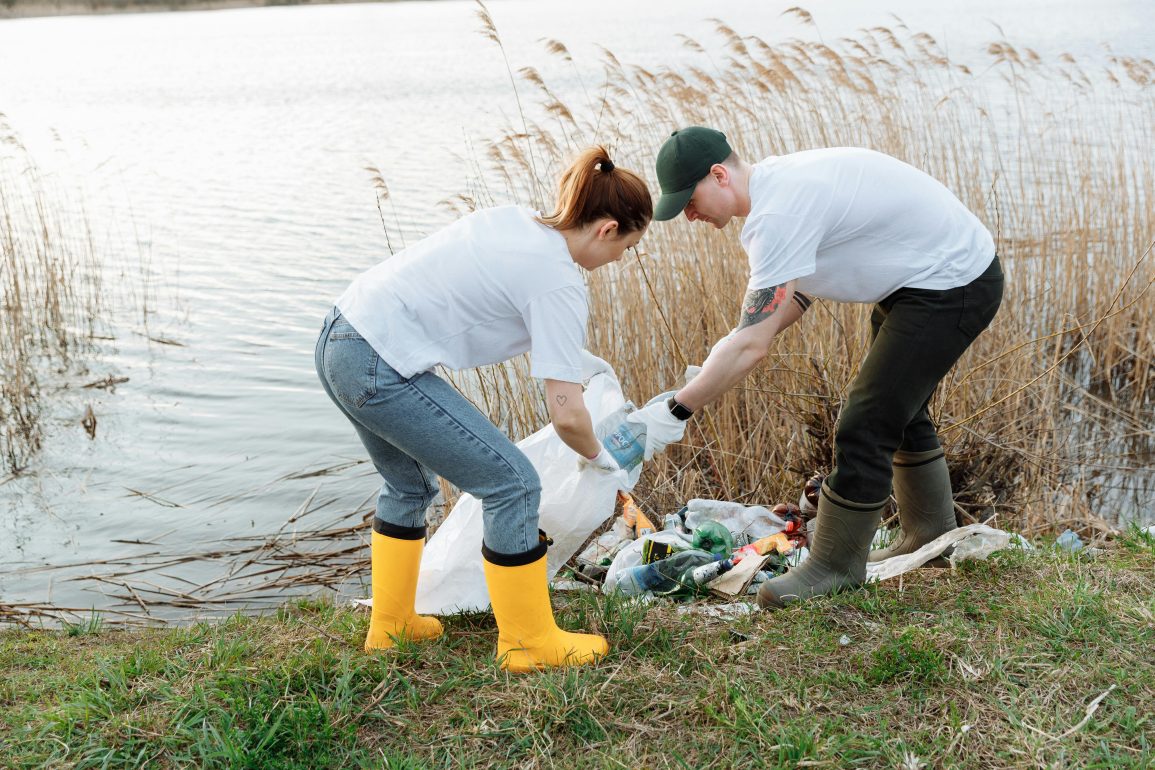A research team led by James Tour at Rice University has unveiled a groundbreaking method for recycling valuable metals from electronic waste (e-waste) that not only enhances efficiency but also significantly mitigates the environmental impact typically associated with metal recycling.
Traditional metal recycling processes often necessitate mining, which contributes to severe environmental issues such as deforestation, water pollution, and greenhouse gas emissions.
Tour, who holds positions as the T.T. and W.F. Chao Professor of Chemistry and professor of materials science and nanoengineering, emphasized the importance of their innovation: “Our process offers significant reductions in operational costs and greenhouse gas emissions, making it a pivotal advancement in sustainable recycling.”
The findings were published in Nature Chemical Engineering on September 25.

The newly developed technique builds upon Tour’s prior work in waste disposal through flash Joule heating (FJH), which utilizes an electric current to heat materials to extreme temperatures, facilitating their transformation into different substances.
The research team applied FJH chlorination and carbochlorination to extract critical metals like gallium, indium, and tantalum from e-waste.
Unlike traditional methods such as hydrometallurgy and pyrometallurgy—which are energy-intensive and generate harmful waste—the new approach allows for precise temperature control and rapid metal separation without the need for water, acids, or solvents.
The scientists demonstrated that their method effectively separates tantalum from capacitors, gallium from discarded light-emitting diodes, and indium from used solar conductive films, achieving over 95% purity and yields above 85%.
Additionally, the technique shows potential for extracting lithium and rare Earth elements, addressing critical metal shortages while promoting more sustainable recycling practices.
This advancement represents a significant step toward environmentally responsible recovery processes, economically incentivizing recycling industries worldwide.

